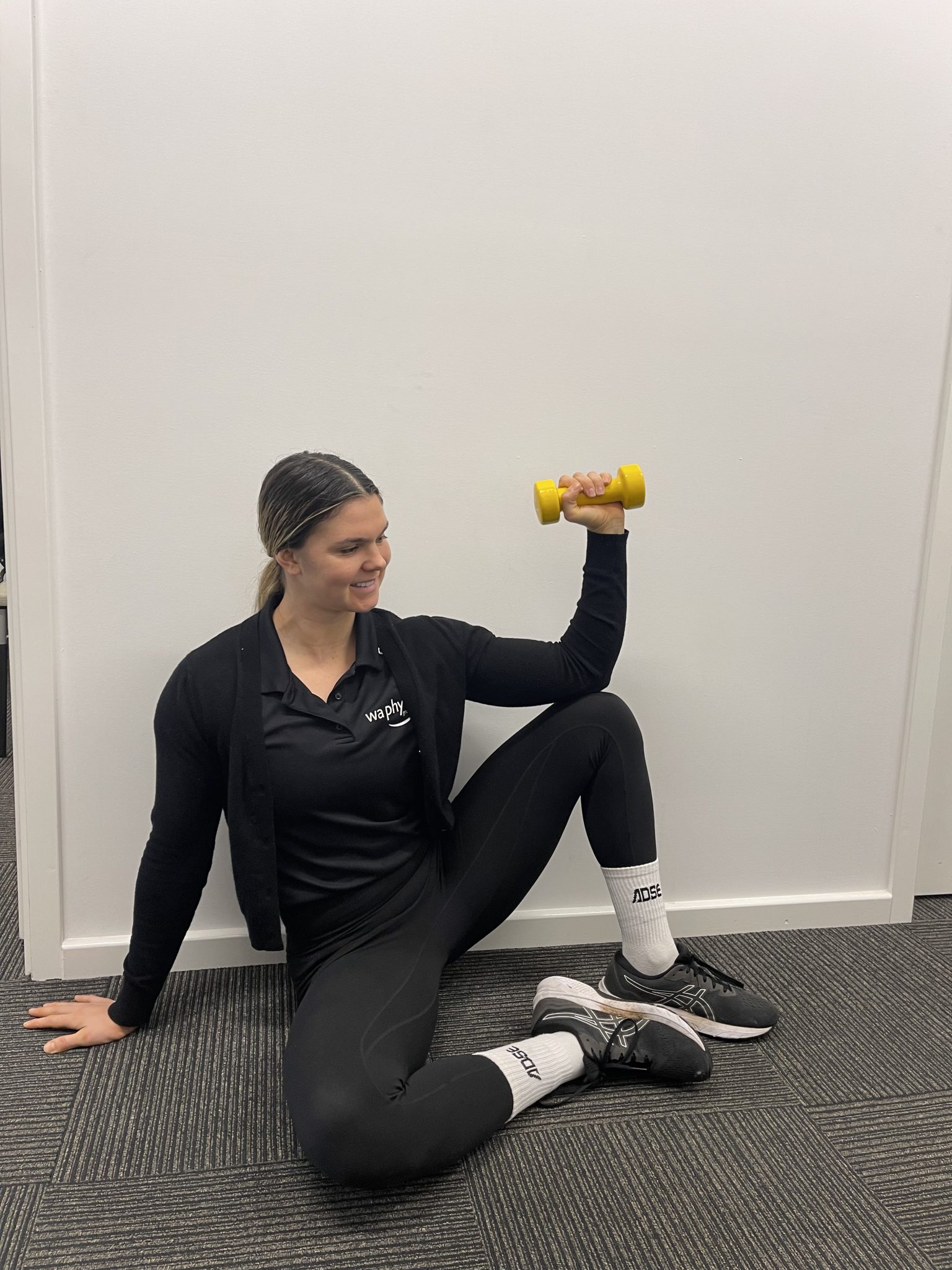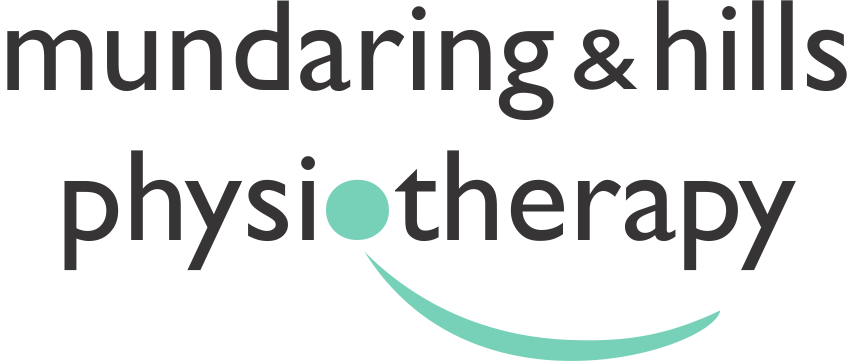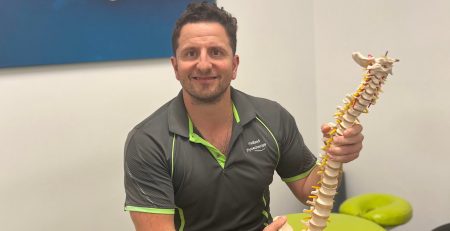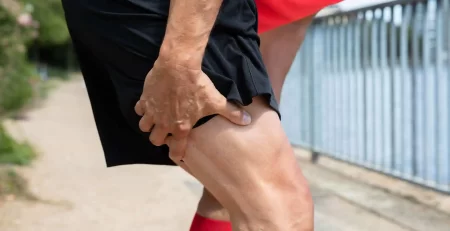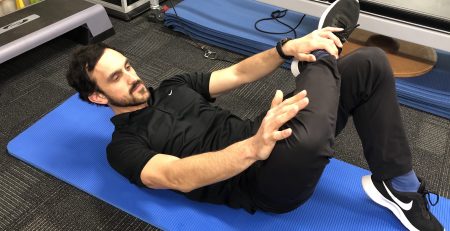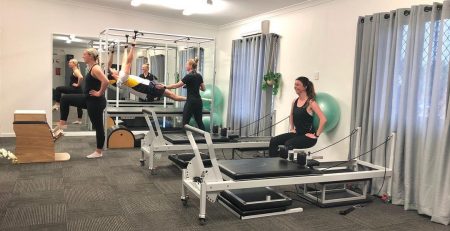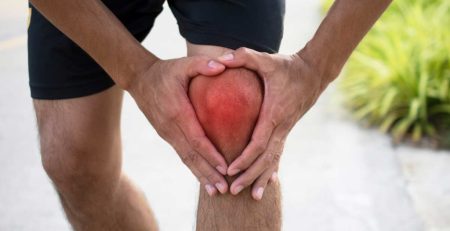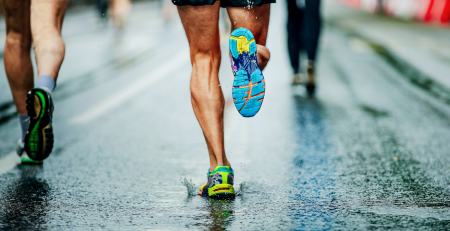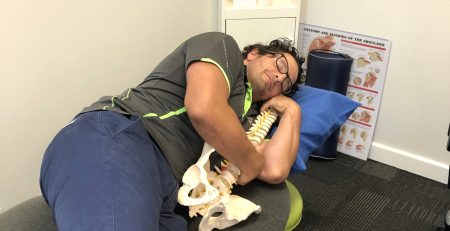Top Tips for Athletes Dealing with Rotator Cuff Pain
Rotator cuff pain can be a significant hurdle for athletes, affecting performance and daily activities. At Mundaring and Hills Physiotherapy, we understand the importance of maintaining peak physical condition. Here are some top tips to help athletes manage and prevent rotator cuff pain.
- Warm-Up Properly
- Always start your workout with a proper warm-up. Gentle shoulder stretches and light cardio can increase blood flow to the muscles, preparing them for intense activity.
- Incorporate dynamic stretches that mimic the movements you’ll be doing in your sport to ensure your rotator cuff is ready for action.
- Strengthen Shoulder Muscles
- Regularly perform exercises that strengthen the muscles around the shoulder. This includes not only the rotator cuff but also the muscles of the upper back and chest.
- Exercises like external rotations, shoulder presses, and rows can help build resilience and stability in the shoulder.
- Maintain Proper Form
- Ensure you’re using the correct technique in your sport to avoid unnecessary strain on your rotator cuff. This is especially crucial for sports like tennis, where repetitive shoulder movements are common.
- If you’re unsure about your form, consider consulting with a coach or a physiotherapist to correct any potential issues.
- Rest and Recover
- Adequate rest is essential to allow your muscles to recover and repair. Overuse without proper rest can lead to chronic pain and injuries.
- Incorporate rest days into your training schedule and listen to your body. If you feel persistent pain, it’s time to take a break and seek professional advice.
- Seek Professional Help
- If you experience ongoing rotator cuff pain, don’t hesitate to seek help from a physiotherapist. Early intervention can prevent minor issues from becoming major problems.
- At Mundaring and Hills Physiotherapy, Benita Mercuri is one our physiotherapists who specializes in treating athletes. With a passion for sport, Benita understands the demands on an athlete’s body and can provide tailored treatment plans to get you back in the game.
- Utilize Ice and Heat Therapy
- Applying ice to a painful shoulder can help reduce inflammation and numb the area, providing relief.
- Heat therapy can relax and loosen tissues and stimulate blood flow to the area. Use heat before exercising and ice after to manage pain and promote recovery.
Take Charge of Your Shoulder Health
Rotator cuff pain doesn’t have to sideline you. By following these tips and seeking professional advice when needed, you can manage and even prevent shoulder injuries. If you’re dealing with persistent shoulder pain, book an appointment with Benita Mercuri at Mundaring and Hills Physiotherapy. Let’s work together to keep you at the top of your game!
